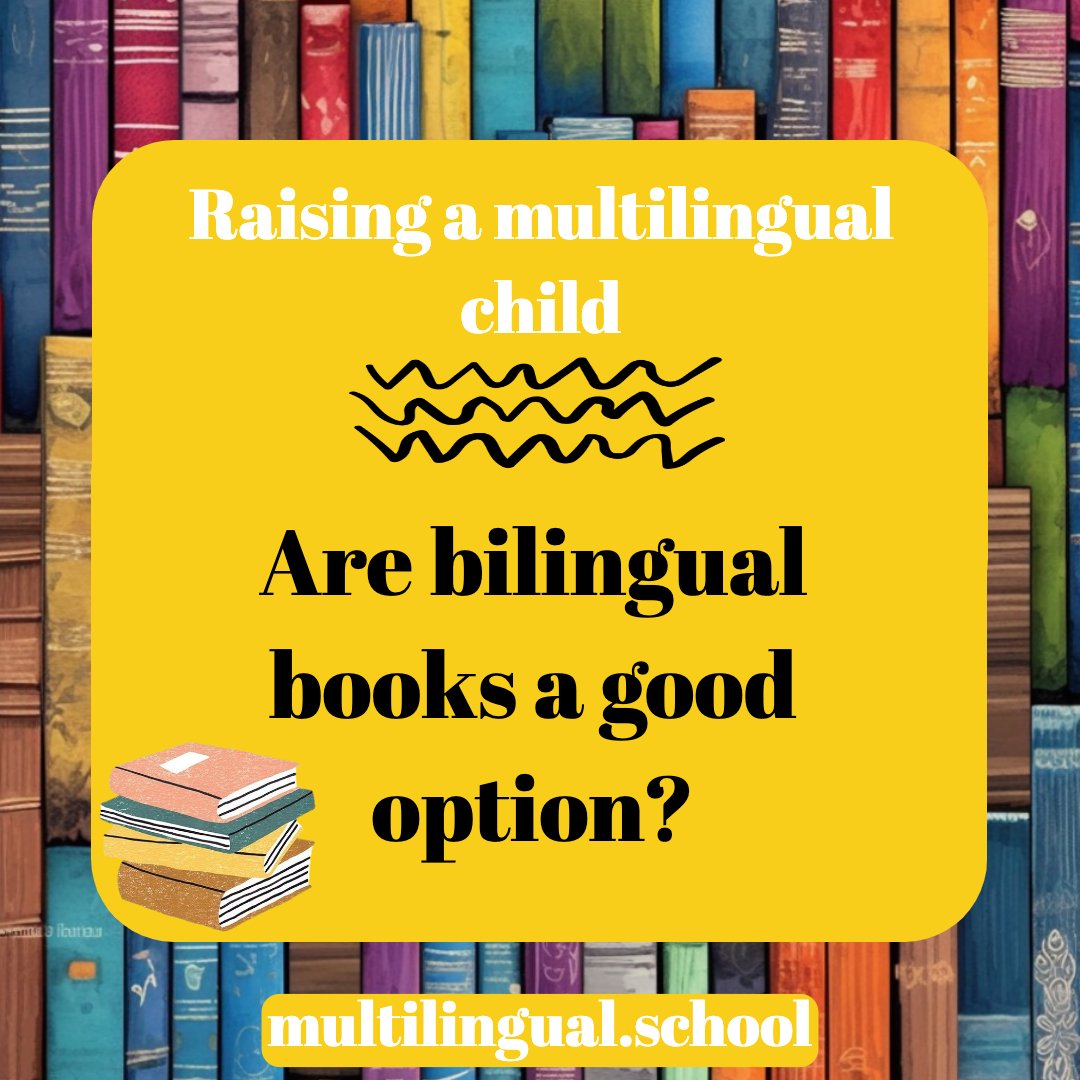Are bilingual books a worthwhile option?
This post may contain affiliate links, which means that I may receive a commission if you make a purchase using these links. You do not pay a higher price.
What are bilingual books?
Bilingual books are books that contain the story in two languages at the same time. Usually, the languages are printed side by side, distinguished by colour, font, or placement on the page. Since a book has been designed with two languages from the beginning, the layout takes into account a visually appealing way of presenting the two languages.
In our home, we got these books really early on in our trilingual journey. Since then, I believe there are a ton more on the market. All of them are available in a variety of language combinations, so I am sure you’ll find yours.
What makes them practical for raising a child bilingual/trilingual/multilingual?
I must admit, the main reason for buying bilingual books for us was simply access to a language that was otherwise still harder to get. Only after these purchases did we find out about where to get (Brazilian) Portuguese books in wider variety. Read where that is here, by the way. So, we got the books, since they were also published in the English/Portuguese or Portuguese/German combinations.
Especially if you would like to find books in languages that are not so widely published, bilingual books might be a good options. The ones I mentioned did get published in a ton of language combinations.
Additionally, most of the books fall in the category “print on demand”, and you should be able to order them through a variety of bookshops.
What are the limitations of bilingual books?
I personally came across a few shortcomings of bilingual books after using them for a while.
You cannot find as a varied selection of bilingual books. If you want specific topics, or themes, your options might be limited. I believe, since we purchased our selection, the availability of bilingual books grew massively, especially amongst self-published books. I still found it cannot compete with the endless choice in monolingual books.
Additionally, and this is very specific to our family, our son does know for every book which language it is written in, and he wants to hear that book in that specific language. So reading any book sometimes in English, and sometimes in German, or Portuguese would not be tolerated, haha. One exception to that is, we got the book “The unicorn that said No“ twice, in German, and in Portuguese respectively. When presenting him exactly with the two options, he does have a preference which language he wants to listen to in the moment.
Lastly, some translations lacked quality. So, the quality of the book really depends on how well the translations have been executed, and which language was the original one. If you want to buy bilingual books, do read a sample to get a feel for the translations.
Recommendation
So, from our experience, I can say that bilingual books do have their place in the life of a multilingual family. They are practical and open up access that you otherwise not have easily. However, I would not solely rely on bilingual books due to the limitation of topics. Most importantly, you need to make sure to research the quality of the language in these books, so to make the language journey meaningful.
We in our home moved away from bilingual books and built our library of books with monolingual books in three different languages. While this might be too much as a general advise, it does give us the variety of language input as well as variety of themes that works for our situation.
I’m interested to hear how bilingual books work for you. Let me know in the comments or reach out directly.
















